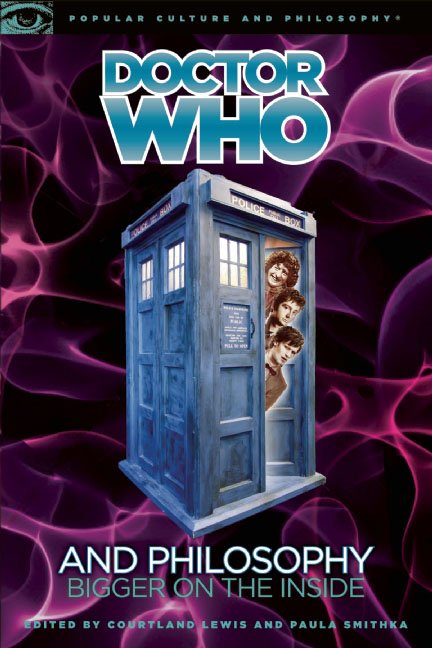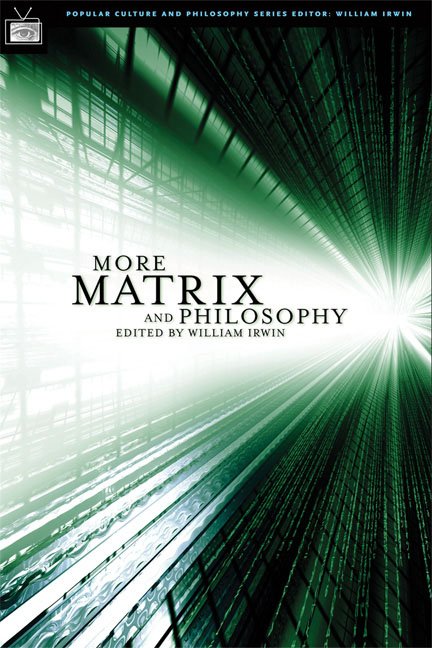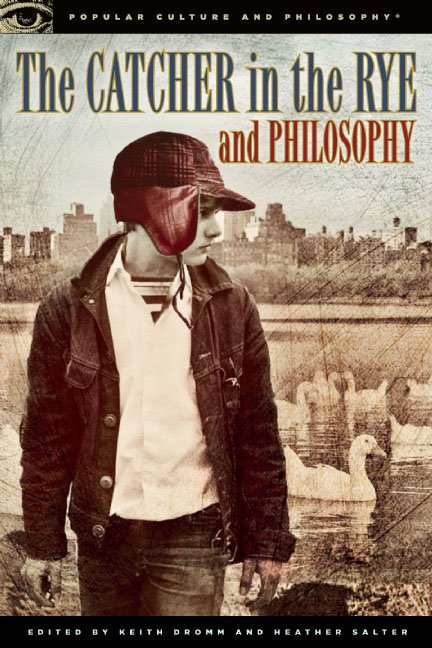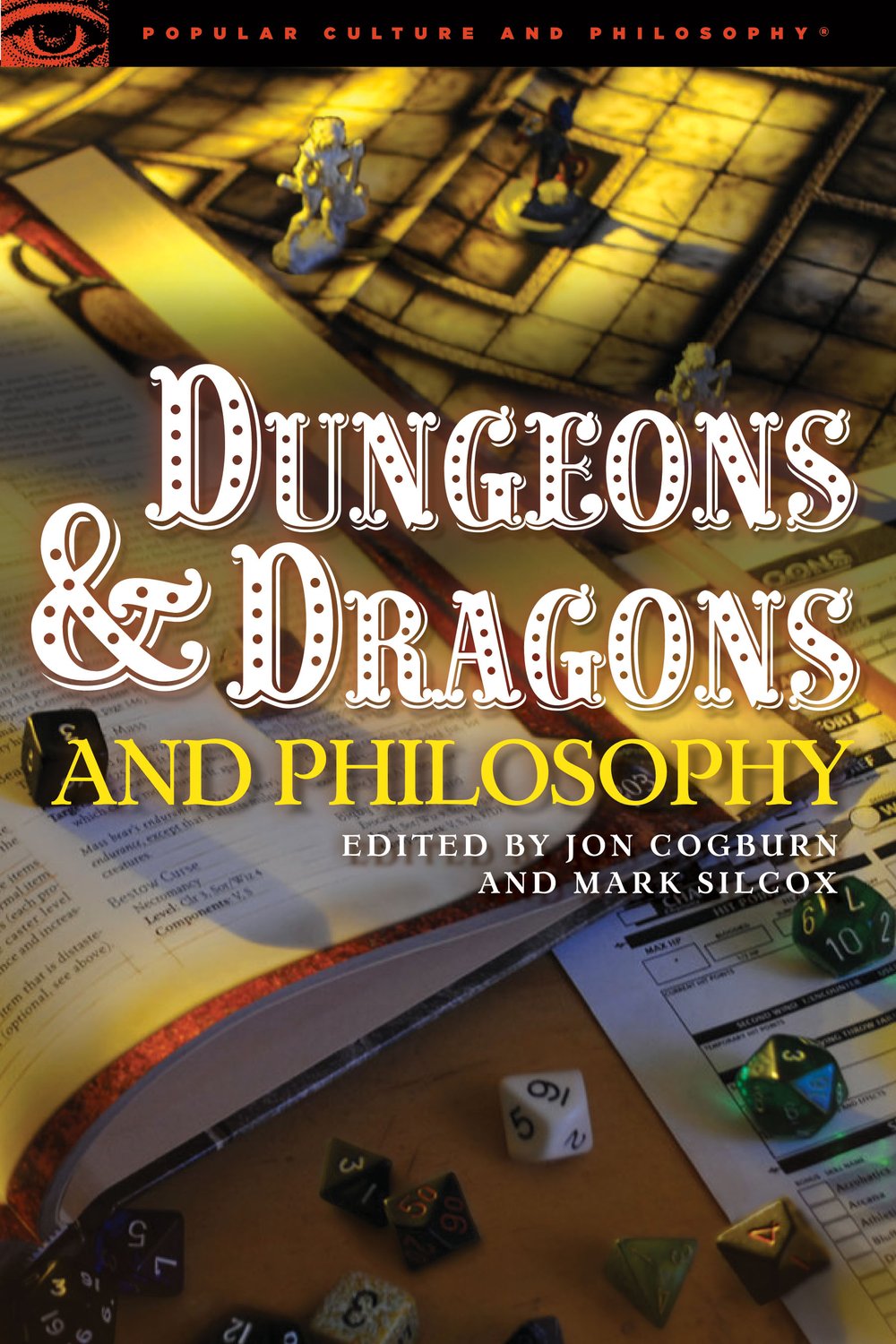Girls and Philosophy
This Book Isn't a Metaphor for Anything
The drama-comedy Girls — often unfairly written off as Sex and the City for the millennial generation — has made TV history and provoked controversy for its pitilessly accurate portrayal of four oddly sympathetic twentysomething female characters, notable for their self-absorption, empathy deficits, and ineptitude with relationships. Among other breakthroughs, it is the first show to depict the sex act among the alienated young as nearly always awkward and unfulfilling. In Girls and Philosophy, a team of diverse, sensitive, empathic philosophers approach the world of Girls from a variety of angles and philosophical points of view. The writers attack many fascinating issues arising from Girls, including the meaning of authenticity in the 21st century, coming of age in a society with no clear guidelines, Girls as the only TV show the pop-culture-hating professor Theodor Adorno might have admired, feminist appraisals of these not-very-feminist characters, how each deals with the anxiety that comes from inescapable freedom, whether we need to amend the traditional list of seven deadly sins in the context of present-day New York, and, of course, why we once again find it natural to think of women in their early- to mid-twenties as “girls.”
Richard Greene is a professor of philosophy at Weber State University in Utah. He is the coeditor of many volumes in the Popular Culture and Philosophy series, the most recent of which are Boardwalk Empire and Philosophy and Dexter and Philosophy. Rachel Robison-Greene is the coeditor of Boardwalk Empire and Philosophy, Dexter and Philosophy, and The Golden Compass and Philosophy. She is currently a Ph.D. candidate in philosophy at the University of Massachusetts, Amherst. Both live in Ogden, UT.





